Ultimate Logical and Analytical Reasoning Reviewer
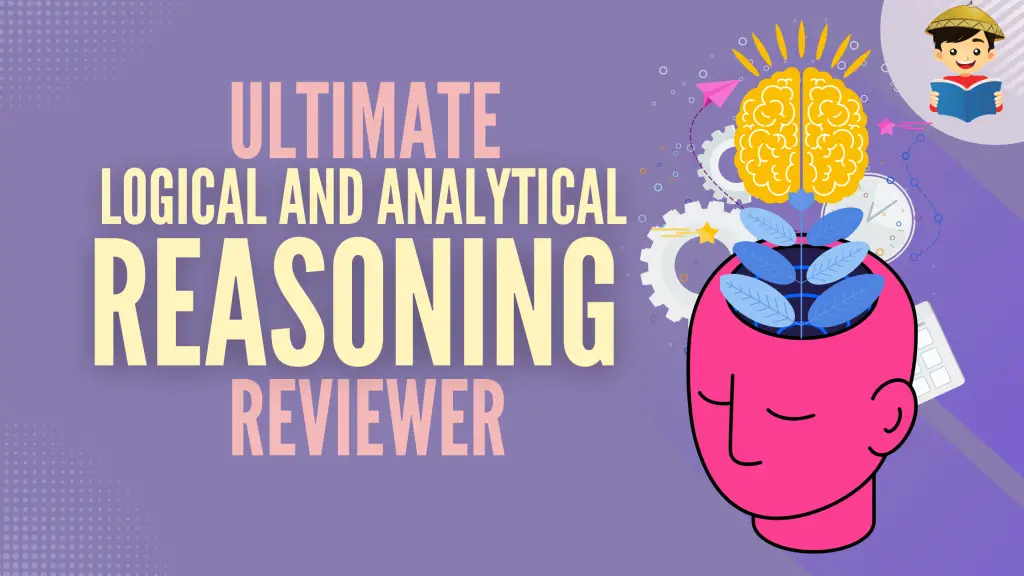
“There is nothing higher than reason” – Immanuel Kant
Logical thinking and reasoning are essential skills that nature endowed mankind with. In the ancient days, these helped our ancestors survive. Humans learned how to craft hunting tools, identify which plants are edible, and outwit stronger predators.
However, humans use logic and reason not just to survive. These skills enabled us to develop the sciences, invent new technologies, craft laws and policies, and appreciate music and art.
These skills also guide you in every moment. Every decision you make involves reasoning. Every piece of information you absorb requires logic to comprehend. Whether you’re just surfing the net or solving a math problem, these skills are valuable.
These are why most qualifying exams test your logical thinking and analytical. It gauges your ability to process information and make sensible interpretations. Although these skills are innate to us, it still requires training and preparation to master them.
In this review, we will help you apply logical and analytical reasoning to ace qualifying exams such as the civil service exam, college entrance exams, and more.
Click below to go to the main reviewers:
Ultimate Civil Service Exam Reviewer
Table of Contents
- 1. Word Analogy
- 2. Identifying Assumptions and Conclusions
- 3. Logic Reasoning
- 4. Number Sequence
- 5. Data Interpretation
1. Word Analogy
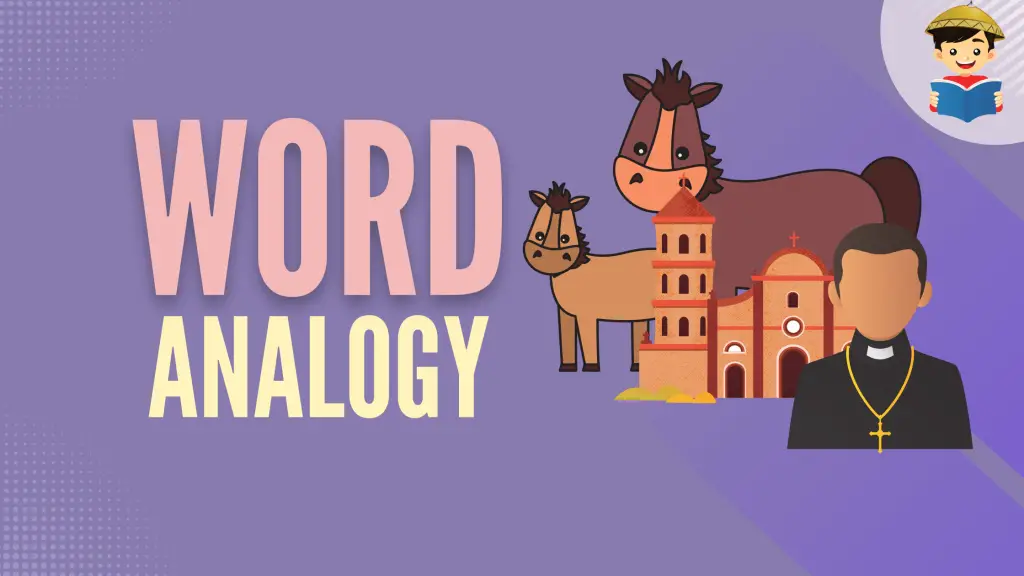
In this chapter, we will explore how words in English vocabulary can be related. How is the word priest related to the word church? How about foal to the horse? We will use reasoning to unravel their relationships. Click here to go to the article.
2. Identifying Assumptions and Conclusions
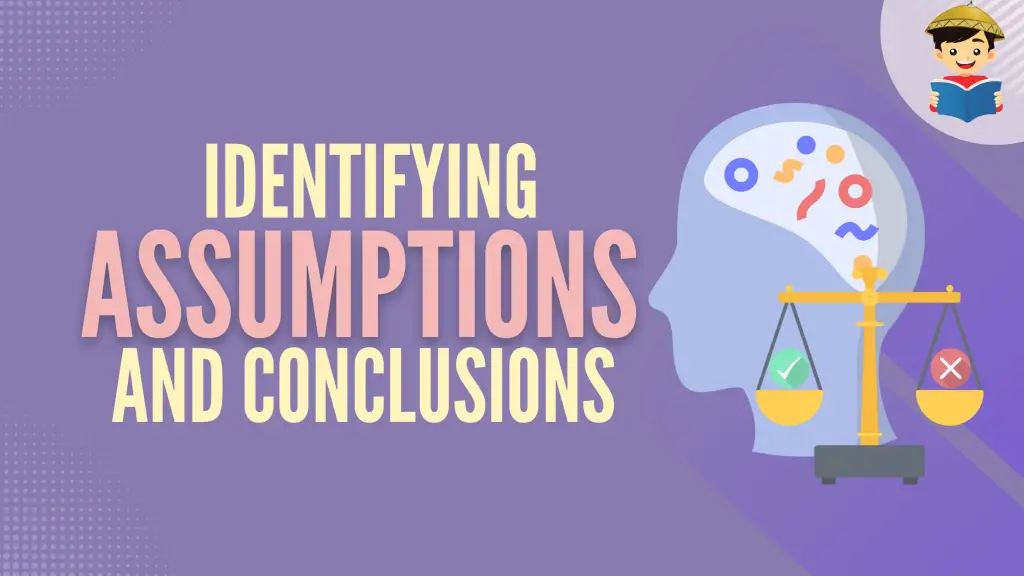
There’s always an underlying assumption that makes a statement true. Unfortunately, these assumptions are usually not explicitly stated. We will teach you in this chapter how to infer assumptions from a given statement.
Meanwhile, we can always create conclusions from a given statement. If someone said, “It rained hard yesterday,” you can conclude that “there’s a flood afterward.” Learn in this chapter how to create valid conclusions and spot erroneous ones. Click here to go to the article.
3. Logic Reasoning
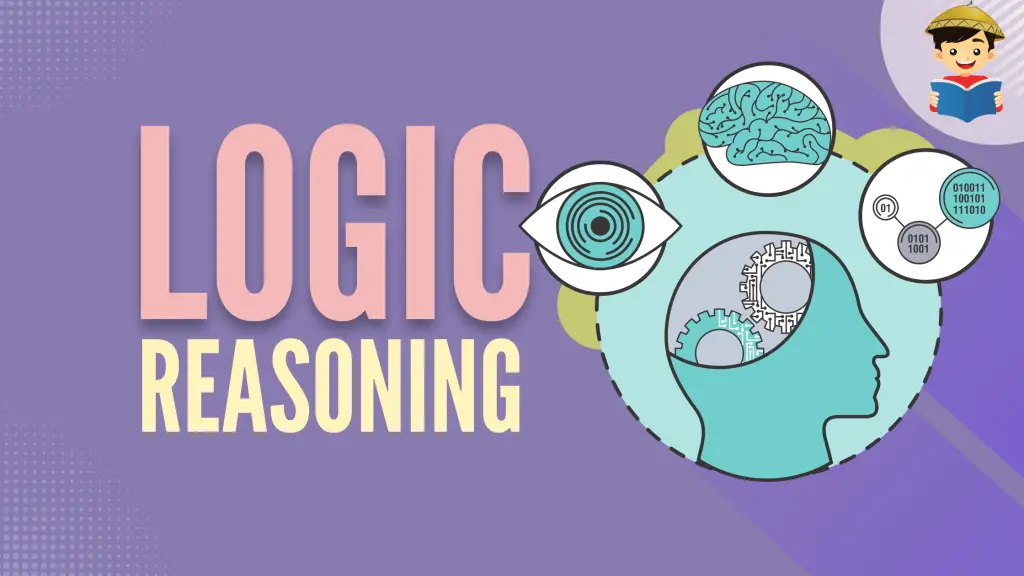
In this chapter, you’ll learn how to process convoluted and complex information with the help of logic. Specifically, you will learn to understand syllogisms, the oldest form of logical reasoning. Click here to go to the article.
4. Number Sequence
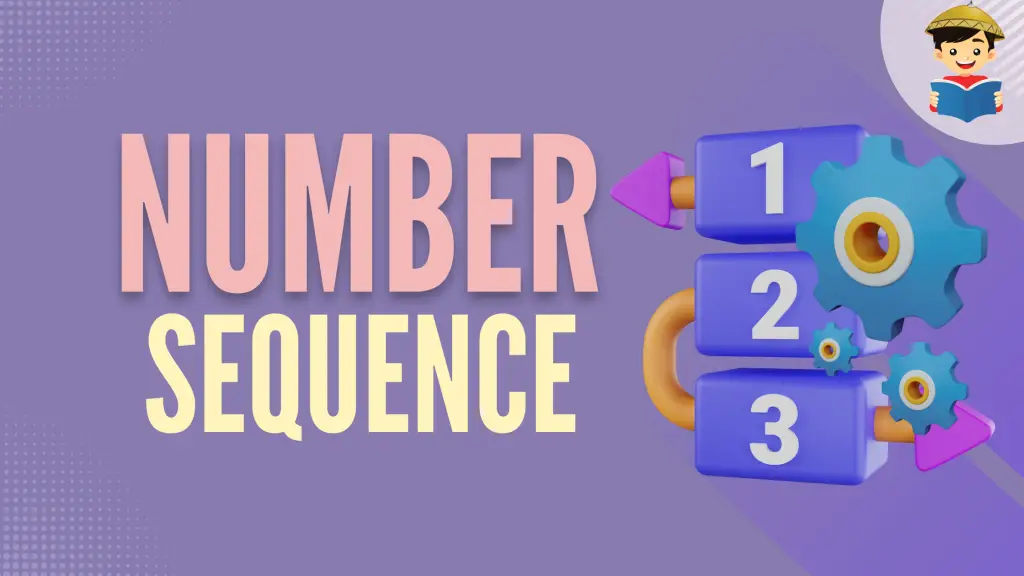
Uncovering patterns is not for detectives only. Some sets of numbers also follow patterns that you need to discover! In this chapter, we introduce you to a variety of patterns that most number sequences follow. Click here to go to the article.
5. Data Interpretation
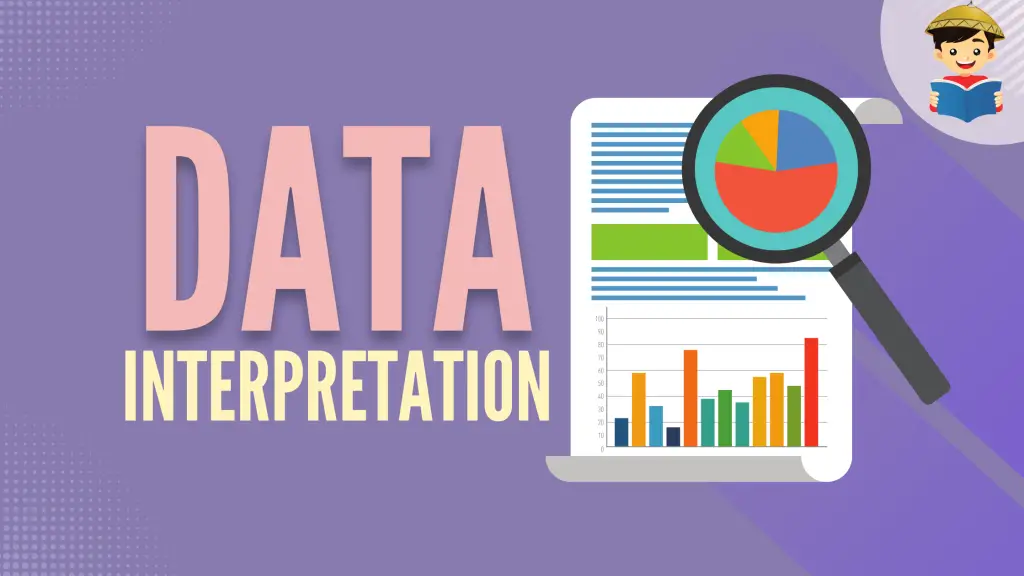
The world generates thousands of data ready to be interpreted. From a student’s school grades and a company’s monthly revenues to the city’s annual population growth and the country’s national income, there’s an endless source of information from which we can extract data. Learn how to apply logic and reasoning to understand data presented in graphical or tabular form. Click here to go to the article.
Written by Jewel Kyle Fabula
in Civil Service Exam, College Entrance Exam, LET, NAPOLCOM Exam, NMAT, PMA Entrance Exam, Reviewers, UPCAT
Jewel Kyle Fabula
Jewel Kyle Fabula graduated Cum Laude with a degree of Bachelor of Science in Economics from the University of the Philippines Diliman. He is also a nominee for the 2023 Gerardo Sicat Award for Best Undergraduate Thesis in Economics. He is currently a freelance content writer with writing experience related to technology, artificial intelligence, ergonomic products, and education. Kyle loves cats, mathematics, playing video games, and listening to music.
Copyright Notice
All materials contained on this site are protected by the Republic of the Philippines copyright law and may not be reproduced, distributed, transmitted, displayed, published, or broadcast without the prior written permission of filipiknow.net or in the case of third party materials, the owner of that content. You may not alter or remove any trademark, copyright, or other notice from copies of the content. Be warned that we have already reported and helped terminate several websites and YouTube channels for blatantly stealing our content. If you wish to use filipiknow.net content for commercial purposes, such as for content syndication, etc., please contact us at legal(at)filipiknow(dot)net
